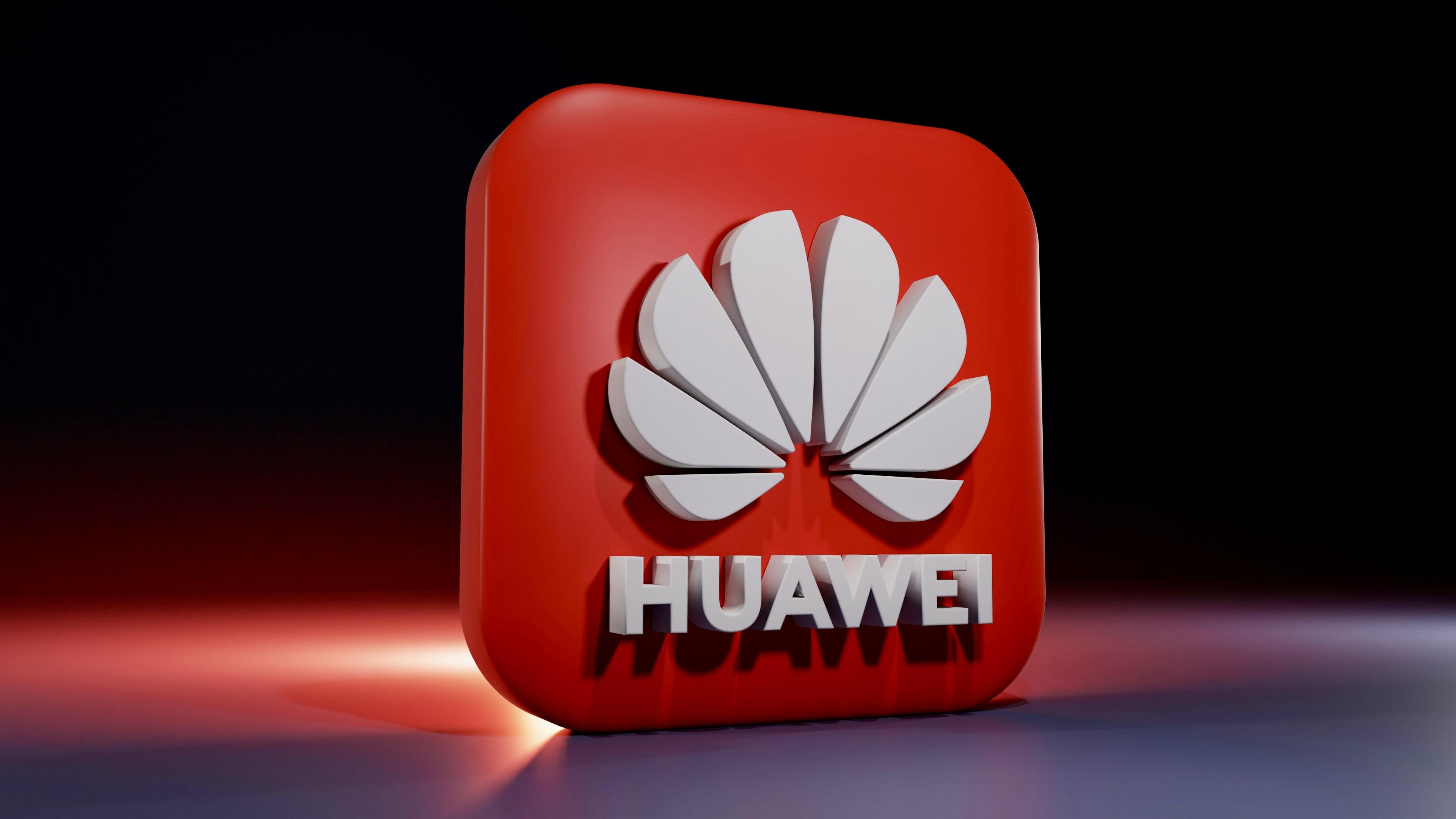Huawei is ramping up efforts to recruit Zeiss employees with promises of triple salaries, aiming to sidestep crippling U.S. and Dutch sanctions. German intelligence is investigating the firm’s aggressive tactics as reports reveal escalating tensions over semiconductor tech.
German Intelligence Investigates Huawei’s Recruitment of Zeiss Employees
The Wall Street Journal has reported that German domestic intelligence agencies are now involved in the ongoing Chinese campaign to recruit staff from Zeiss, a critical supplier to ASML.
Zeiss lenses are crucial to the production of ASML's UV light manipulation machines, which print circuits on silicon wafers to produce chips that are nanoscale small.
There have been a number of stories indicating that the US and Dutch sanctions against ASML's sophisticated machines have obstructed China's attempts to produce advanced chips.
U.S. and Dutch Sanctions Challenge Huawei’s Access to Advanced Chips
When the Trump administration barred Huawei from buying advanced 7-nanometer circuits from Taiwan Semiconductor Manufacturing giant (TSMC), sanctions against China's biggest tech giant began.
To stop ASML from selling its cutting-edge EUV machines to China, the Biden administration strengthened these penalties, and the Dutch government did the same.
Because of these limitations, SMIC, the biggest contract chip producer in China, has resorted to using outdated chip machines in an effort to maintain a consistent 7-nanometer chip manufacturing rate.
The only way for chip makers to accomplish this is through the use of a manufacturing technology known as multi-patterning. This technique involves dividing a design into parts and printing each circuit on a wafer separately. As feature sizes decrease, multi-patterning becomes more complicated during manufacturing, which in turn lowers product quality and necessitates more procedures.
Zeiss Employees Targeted in Huawei’s Bold Recruitment Drive
The Wall Street Journal (via WCCFTECH) reports that Huawei has up its recruitment efforts at Zeiss, a critical supplier to ASML.
In order to manipulate light for semiconductor manufacture, the German firm Zeiss is famous for making high-tech lenses.
The Journal's sources stated that Zeiss employees with access to critical proprietary knowledge were being targeted by Huawei in their attempts to poach personnel, which were first revealed last year. According to the magazine, German intelligence officers are presently conducting an inquiry into these efforts.
Huawei’s Push for Semiconductor Self-Reliance Amid Sanctions
In light of the Western sanctions imposed on the company, Huawei has reportedly been working on chip fabrication machines recently. Because it can't compete in the worldwide personal computer and consumer electronics markets without access to 7-nanometer or advanced chips, developing these machines is crucial to the firm's future.
Competitors like Samsung and Apple have access to cutting-edge processing technology; for example, the newest iPhones from Apple contain 3-nanometer CPUs, which are light years ahead of Huawei's 7-nanometer offerings.
SMIC’s Struggles Reflect Broader Semiconductor Industry Challenges
In 2021, SMIC, a Chinese chipmaker, gained notoriety when Dr. Liang Mong-song, a former executive at TSMC and Samsung, threatened to quit. The hiring of Dr. Liang's former TSMC colleague and adversary Chiang Shang-yi by SMIC was a major factor in his decision.
In the past, SMIC had wanted to use EUV machines to make 5-nanometer chips, but later sanctions imposed by the US put an end to those plans.



 Samsung Electronics Stock Poised for $1 Trillion Valuation Amid AI and Memory Boom
Samsung Electronics Stock Poised for $1 Trillion Valuation Amid AI and Memory Boom  Amazon’s $50B OpenAI Investment Tied to AGI Milestone and IPO Plans
Amazon’s $50B OpenAI Investment Tied to AGI Milestone and IPO Plans  Coupang Reports Q4 Loss After Data Breach, Revenue Misses Estimates
Coupang Reports Q4 Loss After Data Breach, Revenue Misses Estimates  U.S. Deploys Tomahawks, B-2 Bombers, F-35 Jets and AI Tools in Operation Epic Fury Against Iran
U.S. Deploys Tomahawks, B-2 Bombers, F-35 Jets and AI Tools in Operation Epic Fury Against Iran  Pentagon Weighs Supply Chain Risk Designation for Anthropic Over Claude AI Use
Pentagon Weighs Supply Chain Risk Designation for Anthropic Over Claude AI Use  Failure of US-Iran talks was all-too predictable – but Trump could still have stuck with diplomacy over strikes
Failure of US-Iran talks was all-too predictable – but Trump could still have stuck with diplomacy over strikes  Macron Urges Emergency UN Security Council Meeting as US-Israel Strikes on Iran Escalate Middle East Tensions
Macron Urges Emergency UN Security Council Meeting as US-Israel Strikes on Iran Escalate Middle East Tensions  Apple to Begin Mac Mini Production in Texas Amid $600 Billion U.S. Investment Plan
Apple to Begin Mac Mini Production in Texas Amid $600 Billion U.S. Investment Plan  Trump Warns Iran as Gulf Conflict Disrupts Oil Markets and Global Trade
Trump Warns Iran as Gulf Conflict Disrupts Oil Markets and Global Trade  AI is already creeping into election campaigns. NZ’s rules aren’t ready
AI is already creeping into election campaigns. NZ’s rules aren’t ready  Federal Judge Blocks Virginia Social Media Age Verification Law Over First Amendment Concerns
Federal Judge Blocks Virginia Social Media Age Verification Law Over First Amendment Concerns  Australia Targets AI Platforms With Strict Age Verification Rules
Australia Targets AI Platforms With Strict Age Verification Rules  Marco Rubio to Brief Congress After U.S.-Israeli Strikes on Iran
Marco Rubio to Brief Congress After U.S.-Israeli Strikes on Iran  Pentagon Leaders Monitor U.S. Iran Operation from Mar-a-Lago
Pentagon Leaders Monitor U.S. Iran Operation from Mar-a-Lago  OpenAI Hires Former Meta and Apple AI Leader Ruomin Pang Amid Intensifying AI Talent War
OpenAI Hires Former Meta and Apple AI Leader Ruomin Pang Amid Intensifying AI Talent War  Synopsys Q2 Revenue Forecast Misses Expectations Amid China Export Curbs and AI Shift
Synopsys Q2 Revenue Forecast Misses Expectations Amid China Export Curbs and AI Shift  Argentina Tax Reform 2026: President Javier Milei Pushes Lower Taxes and Structural Changes
Argentina Tax Reform 2026: President Javier Milei Pushes Lower Taxes and Structural Changes 































